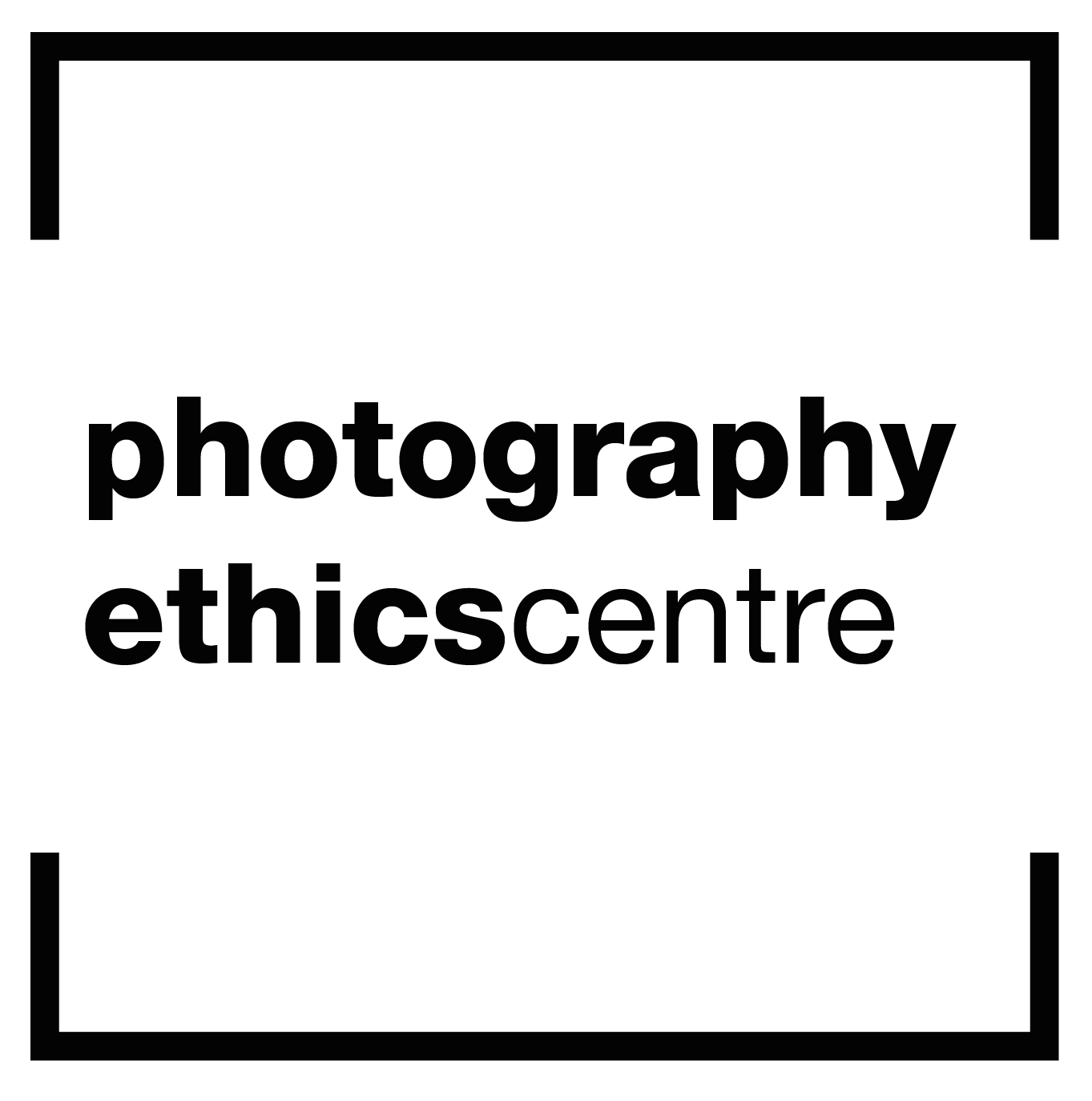Tasneem Alsultan: On planning for publication
In this episode, we talk with Tasneem about the ethical issues that she considers when planning for publication. She describes her experience around consent, the possible consequences of an image, and how the message of a story can be shifted through a publication’s editing. Beyond this, Tasneem shares how she thinks about the people she photographs, and the impact that can have on how they are represented.
What you’ll find inside:
“All these stories of women going through emotional hurdles … a lot of them I photograph and they’re open to photography and then they change their mind, because they realise that this could be something that would put them at risk, it could bring attention that they don’t want. And it’s my job to respect that and understand that it’s not about me.” (9:30)
“I don’t like this kind of view that has always been in the Western publications, that, you know, the western media has given them voice. No, no. They’ve always existed. They’ve always been part of society.” (11:25)
“I worked for the New York Times for two years, as a freelancer... It made me realise that not all the photos I submit are going to be used and it might be shifted, not the captions itself, but the way the story’s direction takes place. So that kind of has made me think that I have to take more control of my images and my stories and my captions than I did initially when I just started photographing for publications.” (12:30)
“I don’t like this idea that as a photographer you’re the hero. I don’t think I’ve done anything great. I think that I’ve just held a camera to take stories, and if there’s anything that I’ve done well, it’s just that I’ve been lucky enough to find and meet those amazing, inspirational humans that have let me into their lives.” (14:55)
“I try to force myself to fall in love with the person that I photograph that day, and I realise that the more I’m inspired and the more I love the person in front of me, the camera will really, really shed light in a way that’s beautiful.” (17:25)
“This is my country, it’s my people, then I can’t really escape. I’m not a parachute photographer, I can’t just leave and do as I please. I am part of this, so I will be under question by the people that I photograph.” (28:50)
“I see a lot of photos for instance when there’s war or there’s poverty, in Myanmar, for instance, and the Rohingya refugees. Everyone flew in to photograph people at their worst moments, and I think in my mind I’m always going through this question of like: Well did it help? Did anything actually change? ... I don’t know how I would react if I was one of those photographers there but I hope I would have more sensitivity and respect towards the people that I’m seeing in front of my eyes being traumatised.” (33:25)
What does photo ethics mean to Tasneem?
“It’s to photograph humans in a way that you would want to be photographed. When it’s sensitive and it’s respectful, and it’s not demeaning in any way … The way you play with the light, the way you control the portraits, and the pose, it can be in a way that brings them up or also brings them down. It can be a way that’s very colonialist or it can be something that embraces the person and brings them their own voice.” (34:43)
Links:
Tasneem Alsultan is a photographer, artist, and speaker. Her work largely focuses on documenting social issues and rights-based topics in Saudi Arabia and the Arab-Gulf region, challenging stereotypical representations of the Middle East. Covering stories primarily for the New York Times and National Geographic, Tasneem documents groundbreaking developments in Saudi and the region. Most recently, she photographed the lifting of the driving ban for Saudi women and the lifting of the ban on Saudi women entering sports arenas.
You can see some of her work at www.instagram.com/tasneemalsultan
This podcast is supported by the Rebecca Vassie Trust, a UK-based charity which promotes the art of narrative photography through granting bursary awards to up-and-coming photographers, and funding public education projects like this one. This podcast has full editorial independence, and the views expressed in this series are not necessarily those of the Trust.
